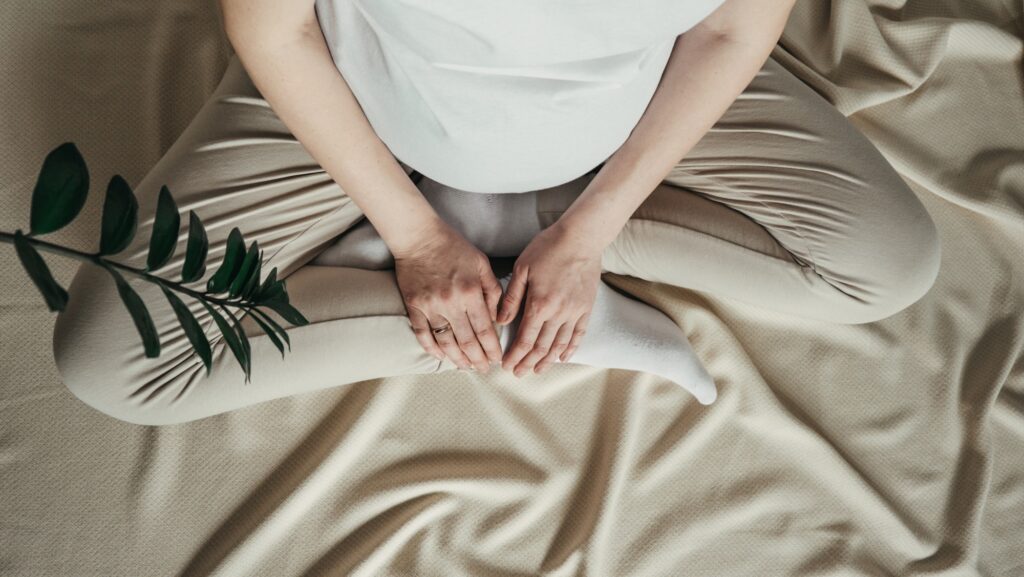If you’ve recently given birth, I want to chat with you about something important: your pelvic floor health. You might have gone to your postpartum checkup and gotten the “all clear” from your doctor, but did they really cover all your bases?
In the United States, postpartum care for new moms is seriously lacking. You might have only had a quick 10-minute appointment with little discussion about common pelvic floor conditions. I’m willing to bet, none at all. Your body just went through an incredible journey and deserves more attention than that!
So, when should you start thinking about pelvic floor therapy after birth?

The answer is simple: always.
Pelvic floor therapists specialize in the muscles and tissues of the pelvic floor, so they’re the perfect professionals to help you get back to feeling like yourself again. Here are some things we commonly look for:
Diastasis Recti: This is a separation of your abdominal muscles that often occurs during pregnancy. It can make you look and feel like you’re still pregnant, and doing crunches to try to get your abs back can actually make it worse. Plus, diastasis recti often goes hand in hand with pelvic floor dysfunction.
Pelvic floor weakness or overactivity: You might have gotten the “all clear” to start exercising again, but if you’re experiencing urinary leakage, pain during sex, or even the feeling that something is falling out of your vagina during physical activity, your pelvic floor muscles might be weak or tense.
Pain with sex: It’s common for women to experience discomfort or pain during sex weeks after delivery. Healing tissue from a vaginal tear or episiotomy can cause pain, bleeding, dryness, and even urinary leakage during orgasm.
C-Section scars: If you had a C-section, you might be experiencing pain, bladder problems, groin pain, or constipation due to scar tissue. Physical therapy can help mobilize scar tissue and relieve these symptoms.
If you’re experiencing any of these issues, I would love to give you the support you deserve. I’ve helped countless women navigate the postpartum period and safely return to exercise and activity. But so often, I hear women say, “I had no idea this type of physical therapy existed” or “Why didn’t my doctor tell me about this sooner?”
It’s time for a change! Your postpartum care should be about more than just getting the “all clear.” If you’re not feeling your best, it’s okay to seek help. You deserve to truly get back to “AMAZING.” Let’s put your pelvic needs first.
If you have questions about your pelvic floor, we offer in-person or virtual appointments to help. CLICK HERE!
Get my best FREE Pain During Intimacy Workbook AT THIS LINK








